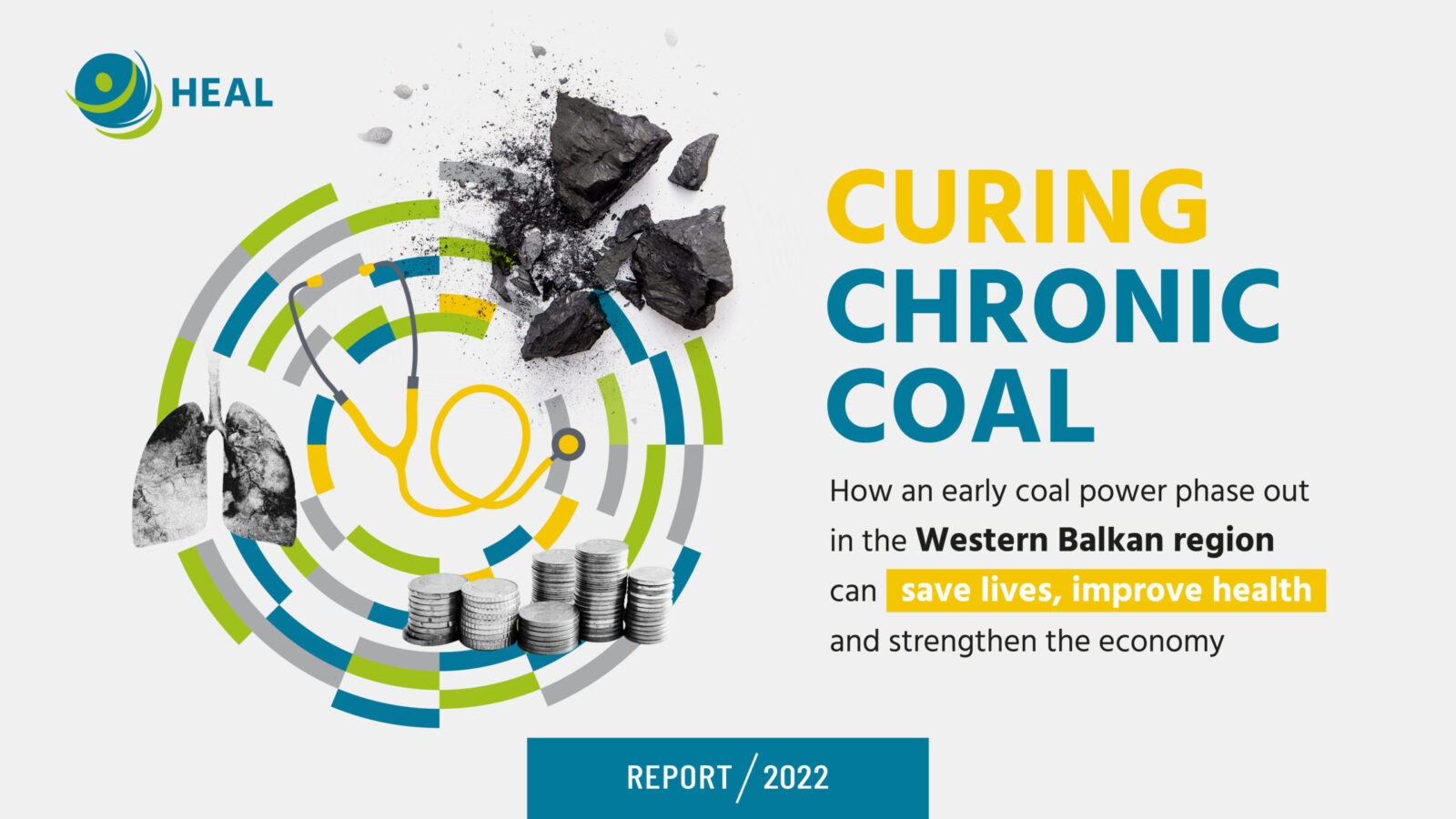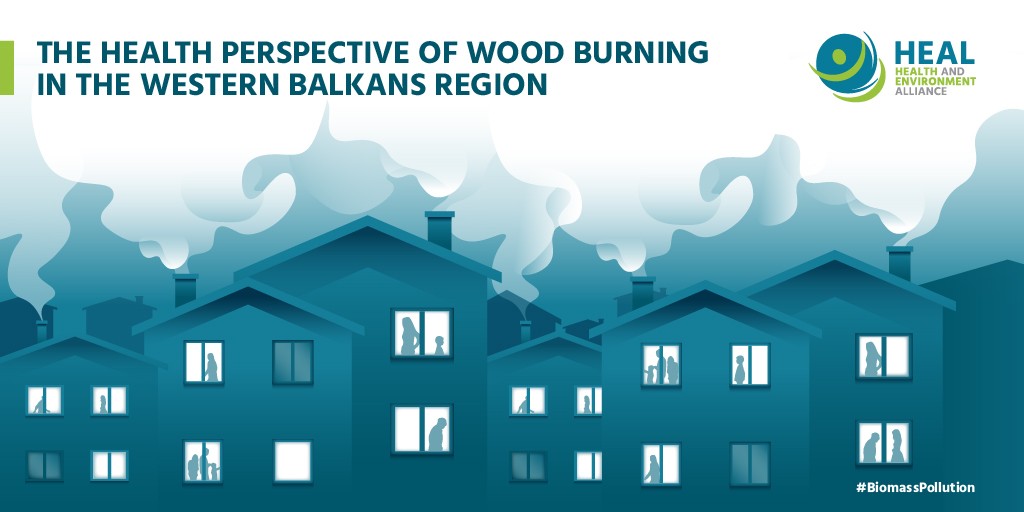A new report by the Health and Environment Alliance (HEAL), published today, shows that phasing out…
The Western Balkan countries are faced with an unprecedented crisis, and the magnitude of public health consequences of COVID-19 are and will be costing the Balkan region dearly. The World Bank forecasts that the region will enter a recession in 2020, whose magnitude depends on the duration of the COVID-19 outbreak in Europe and would be in between -3 and -5.6 percent of GDP [1].
COVID-19 has exposed the vulnerability of our health, our healthcare systems and our societies, and the need to ensure greater resilience. Western Balkans leaders should use the recovery from the COVID-19 crisis to set the path for leading the region on sustainable and green policies and actions that will save human lives and protect the environment, and strengthen public health response in the future. This would also be in line and strengthen the foreseen EU support on greening the Western Balkans as part of the Green Deal.
Public health has been hit hard, and many citizens have been affected by this pandemic and many have unfortunately lost their lives. Millions of citizens of the Western Balkans have been confined because of the COVID-19 crisis, which has temporarily stopped the economy of the region. Unlike in EU countries where electricity generation has gone down, the use of fossil fuels has actually increased in the region because during the start of the lockdown, the colder season required a continuous supply of central heating while many households were still forced to use coal or wood to heat their homes. In addition, electricity consumption has increased due to a longer stay in the homes, which means that burning of coal in power plants during the COVID-19 crisis has continued air pollution and affected the health of citizens regardless of reduced work activity.
Air pollution is the biggest environmental challenge in the region, it has been a threat to public health for decades and makes many citizens of the region and neighbouring countries more vulnerable to chronic disease and causes thousands of premature deaths. Maintaining a highly fossil-dependent region means continued human suffering and loss of economic productivity. Investing in greener energy sources is a solution that will lead to a significant fall in avoidable health and environmental impacts, and the coming recovery from COVID-19 should be seen as an opportunity for greening the Western Balkans and all of Europe.
The Western Balkans’ response to the current health crisis will determine whether the region succeeds in creating health benefits for all in tackling climate change, biodiversity loss, pollution and inequality. As a very first step, measures towards lifting COVID-19 containment should not contribute to worsening any preexisting causes of vulnerability, such as air pollution or chronic diseases.
Western Balkans leaders need to take healthy, green and just recovery steps to protect public health and the environment as essential to further economic development.
Here is what policy-makers at the Western Balkans Summit should consider:
- Put people’s health first, no exceptions, protect the most vulnerable and introduce a comprehensive just transition plan for the Western Balkans – this includes resourcing health services, essential public services, ensuring access for all. All recovery plans must put people’s well-being at the heart of the crisis response and deliver social benefits and protect workers’ rights.
- Step up science based policy action under the EU’s Treaty of accession to deliver immediate health benefits & boost its implementation through the EU’s standards during negotiations.
- A green recovery fund based on transparency, accountability and community-driven solutions – establishment of a sizable green recovery fund backed up by all available financial tools to finance the green and just recovery.
- In high-carbon and other potential polluting sectors such as energy production, chemicals, transport or intensive agriculture, make support to companies conditional on their alignment with the EU’s environmental and climate objectives. No bailouts should be given to unviable or polluting industries that have no future in tomorrow’s economy.
Shift from polluting to green and healthy sectors – public and private investment throughout the recovery should be guided by the EU’s standards to accelerate the shift from polluting into green sectors. In addition, sustainable finance policies should be accelerated and a taxonomy of unsustainable practices to be excluded agreed.
[1] https://www.worldbank.org/en/region/eca/publication/western-balkans-regular-economic-reportArticle in Serbian
Article in Bosnian




